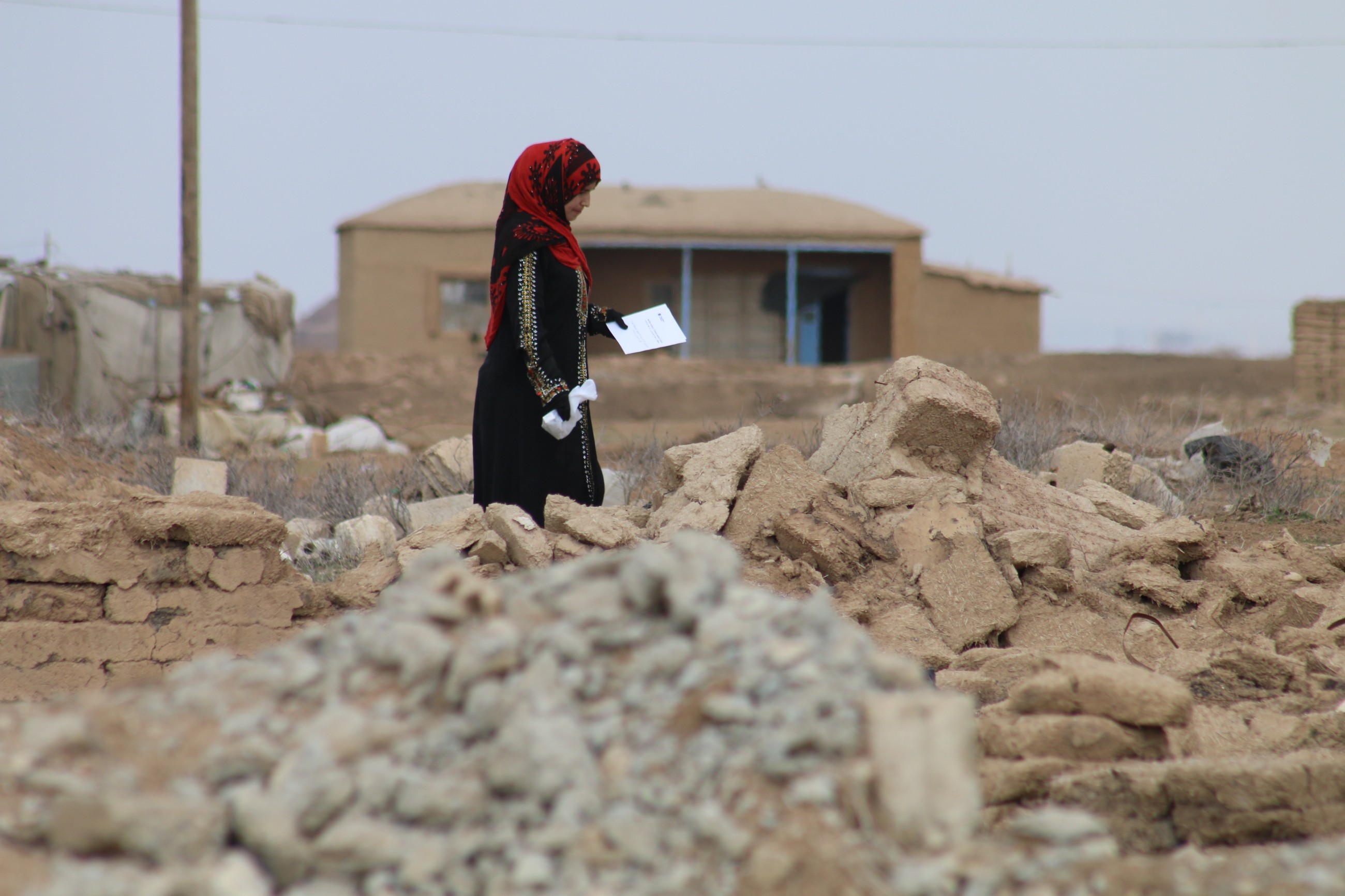
Service Delivery for Mobile Populations
Helping displaced people on the long road home
As people displaced by the Syria crisis begin returning to their homes, new approaches will be needed to deal with the unprecedented scale of returns.
More than 5.6 million people fled Syria since 2011, and 6.6 million people have been internally displaced. Last year, three quarters of refugees surveyed stated that they planned to return to Syria at some point in the future. A return process of this scale has not been seen in the history of modern humanitarianism.
Returns begin as displaced people decide to go back to their home country or community. Returns involve undertaking a physical journey to the place of origin, and reintegration as people rebuild their lives and face new challenges in their homes, which may no longer seem familiar.
Generally, refugees self-organize, seeking and spreading information about conditions in their country of origin through personal networks. Key forms of support that have been provided for returnees in other crises include visits to see conditions in their place of origin, cash grants, non-food items, food vouchers, temporary shelter, subsistence allowances, legal assistance, livelihoods programs, and micro-credit schemes.
Potential opportunities for innovation which could be further explored include:
- Durable solutions: Global policy dialogues could increasingly represent refugee voices. IRC is well-placed to convene key players and strengthen approaches to returns, resettlement and integration in host countries.
- Programming for mobility: Mobile programming could equip people to take skills and assets with them on the road home. One example could be equipping teachers with tools to continue providing early-childhood development programming as they return.
- Information to support decision making: There is considerable space to reinvent information delivery and fill information gaps, potentially leveraging data science to understand and share situations at the neighborhood level in Syria.
- Documentation and registration: New technologies could dramatically transform documentation and registration.
Project Timeline
Desk reviews and key informant interviews conducted
Four focus areas selected for further ideation
Of the eight areas in which initial scoping was conducted, four were selected: voluntary and spontaneous returns; mental health; urban housing; and information flows.
Resource